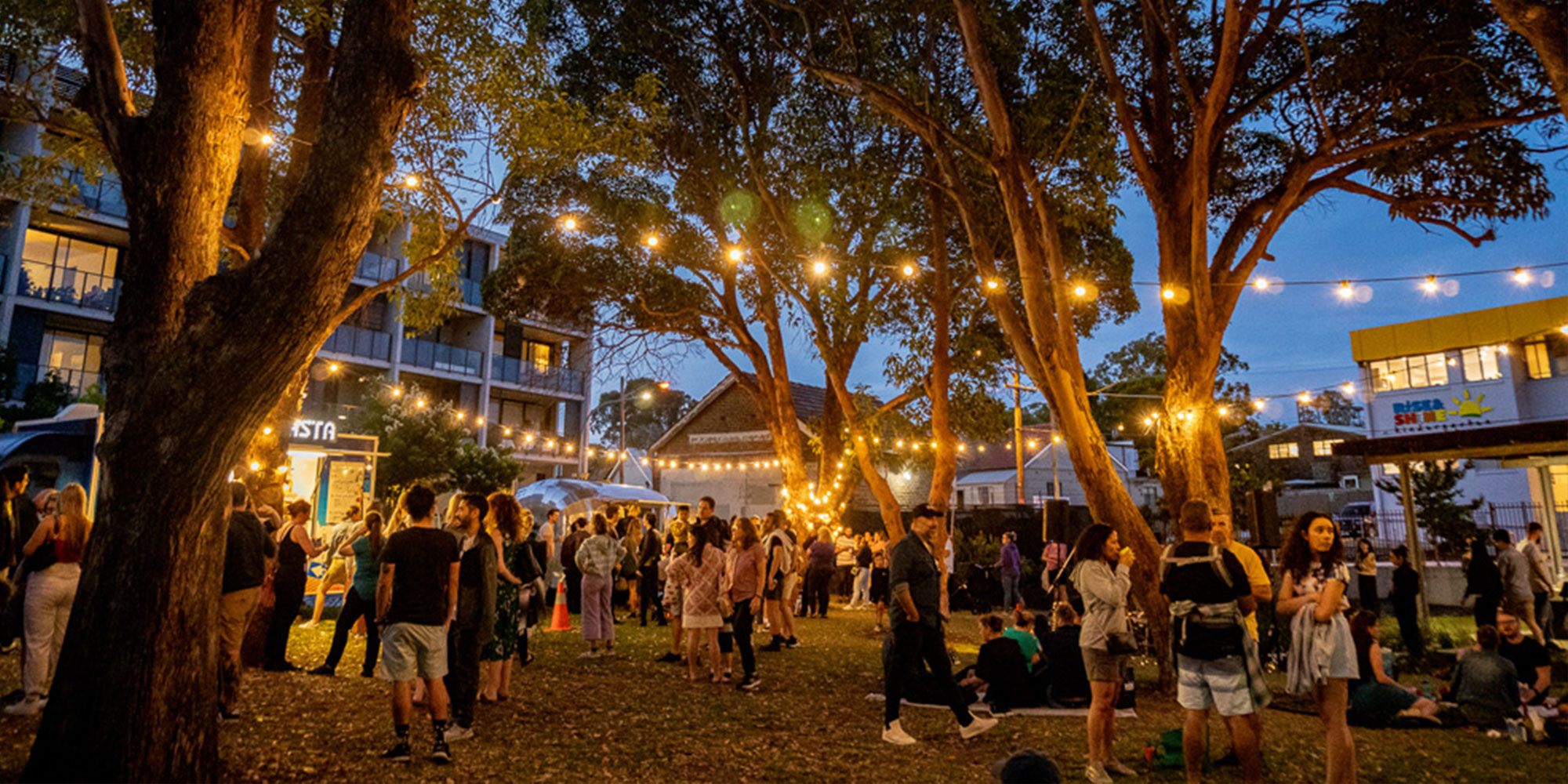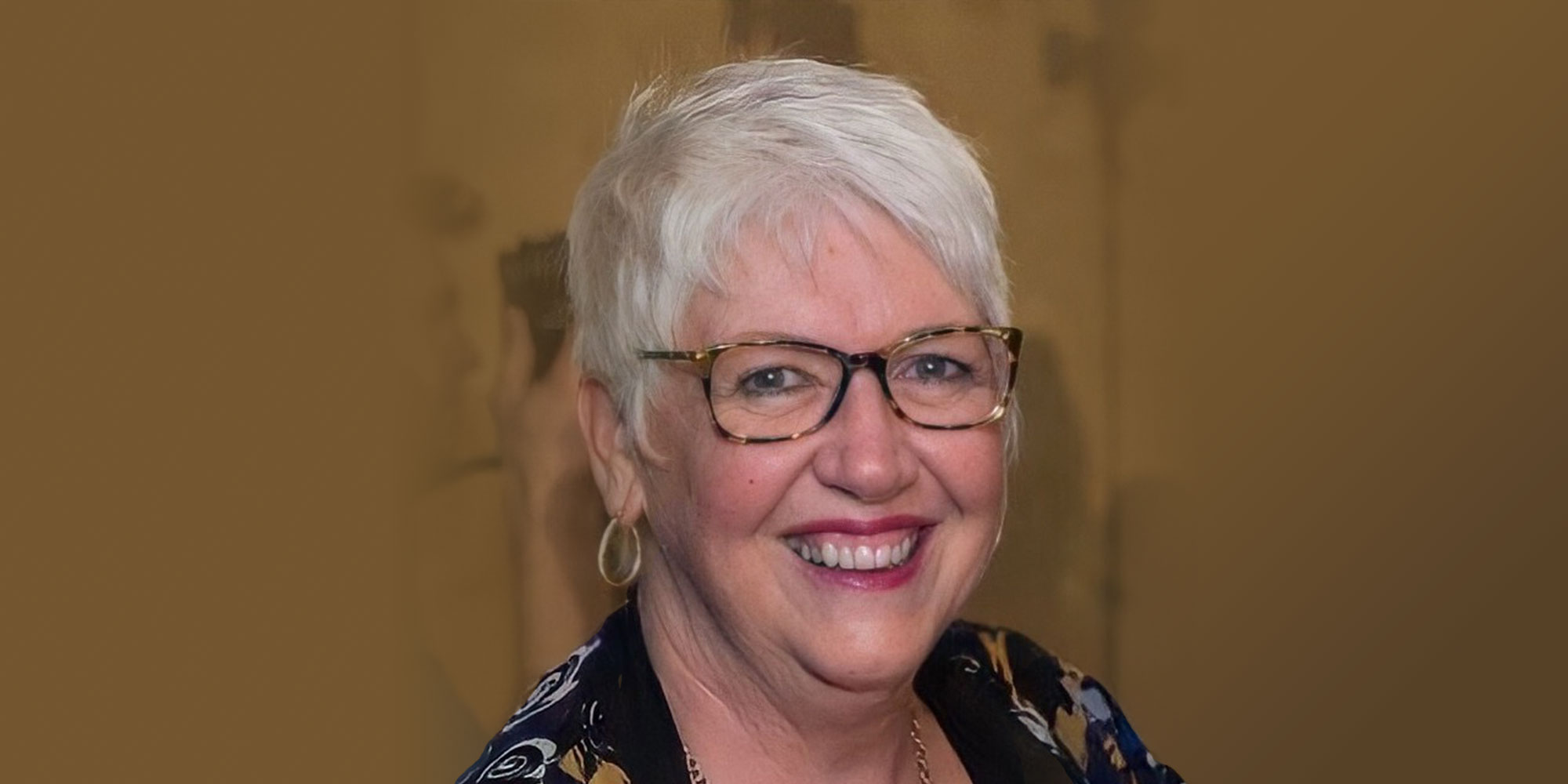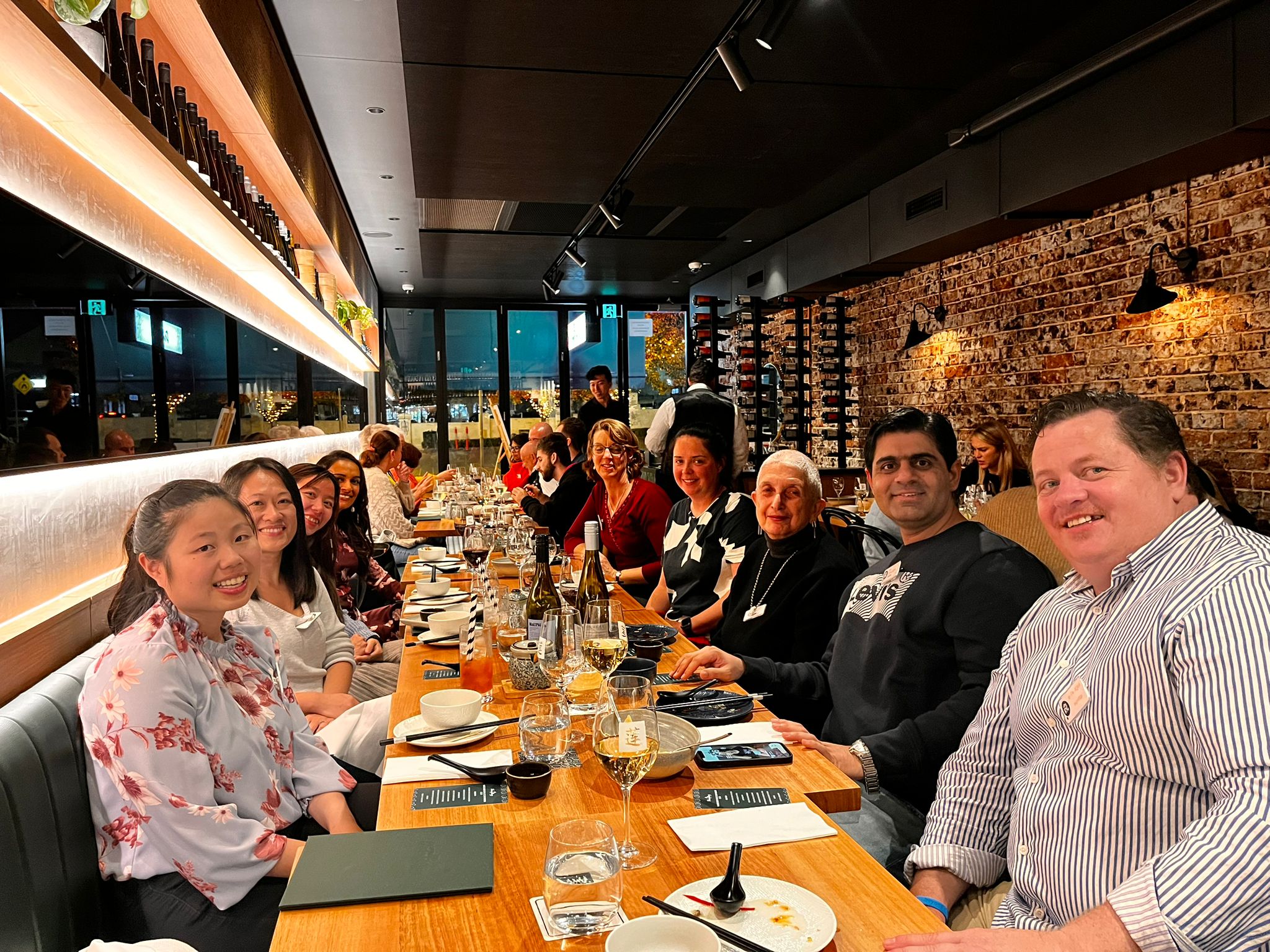This article has been submitted by David Workman, Divisional Director of Urban and Community Planning with EG. EG is the founder of the B.I.G. Foundation and developer of the Flour Mill of Summer Hill where the Little B.I.G. House is located. Without their support and access to this wonderful space, our work wouldn’t be possible.
The COVID-19 pandemic has created widespread isolation throughout our communities. People are feeling increasingly disconnected from not only their physical surroundings but also their social ties. This has only been exacerbated by the looming uncertainty around job and financial security, continuous changes to restrictions and surprise cases emerging when we all least expected them.
However, one thing is for certain in these times: That nothing is certain. Many of us are looking for the light at the end of the pandemic tunnel, where some form of normalcy is restored. Many of us are also disillusioned to this beacon of hope, coming to terms with the new reality we find ourselves in presently.
Our collective resiliency as a nation is entering recovery mode, with the enduring Australian spirit guiding us through the challenges of the pandemic. The repeated blows dealt by the pandemic have been felt the hardest in our communities where our ability to live, work and socialise has been severely impacted. Our relationships and connections within our communities have been challenged during these trying times. As restrictions continue to ease, more than half of us think this will have a positive effect on our relationships.
According to the ABS, one in 11 people think that life will never return to normal. With this frightening insight into the new Australian mindset, one space where we need to focus on to secure strong economic and social recovery is at our communities and their citizens.
Citizens as local experts for guidance on fostering a modern day community
As Australian cities look towards economic recovery in the new post COVID-19 world, it is now more important than ever to recognise the important role that strong and resilient communities play in driving growth and connectedness. These are the backbone of our economy and social frameworks. A highly functioning community with involved and committed members is one that that will drive growth.
These types of community tend to thrive more in ‘people-first places’, where it is less about what is built and more about what the community can be and will become in the future. These places go beyond green belts and access to transport to consider the broader wellbeing of a community. Social cohesion, promotion of healthy lifestyles and addressing digital needs are strongly taken into account and considered throughout the planning process.
This development ideology is well and truly embedded throughout EG’s ‘Build In Good’ (B.I.G) development philosophy. These developments create a new category in residential living focused on social impact. People-first locations with a community spirit, spaces to meet and relax, multiple housing options for long-term living and a technology-led environment that enables convenience and connection are all at the heart of these B.I.G developments.
The Flour Mill at Summer Hill, a real-life example of this B.I.G philosophy brought to life, is quickly becoming a thriving community with the guiding vision to build a neighbourhood that was caring and inclusive, an environment that ensured connectivity, fostered physical, mental, and emotional health and wellbeing. Well connected by heavy and light rail, boasting community gardens, public park with an established tree canopy, this is a people-first place that champions and reflects the needs of the community that inhabit it. It’s popular fortnightly Flour Mill Markets were recently named among the best in the Inner West.
Social planning and community empowerment
So how can developers work towards futureproofing our built communities so they can grow in our new post COVID-19 reality? It begins and ends with the people that make these new communities. Drawing upon their knowledge, experiences and expertise as locals for guidance. This starts with extensive community consultation, to fully understand the real needs that impact citizens in their day to day lives. This consultation process and continued community engagement (with existing and incoming residents) helped ensure that the development at the Flour Mill delivered on the promise of building a home which honored the footprint and history of the building and industry that came before them.
Going back to the basics of community and social planning is key, especially as we navigate our way through these trying and uncertain times. Co-creation between key community members and developers should be heavily encouraged and supported throughout the planning process. This close collaboration allows communities to voice their needs from the outset and promotes a healthy working relationship with the developers crafting the physical components of the planned community. The co-creation process indirectly also further establishes these burgeoning communal connections that will continue to thrive and prosper well after the ribbon cutting ceremony. Staying to foster neighbourly connection is what distinguishes a development from a community.
Creating a connected community begins with the intentional decisions we make in our day-to-day relationships. Connection is the foundation on which we build everything else. And as we build this connected life, we make it possible to build a more connected world, where we create neighbourhoods and workplaces that support and connect us all.
Now more than ever before, our connections have been tested thanks to the pandemic. It is now time to focus our energy and efforts into forming strong communal ties, that will outlast the most trying of times. As activist Wael Ghonim once said, “The power of the people is much stronger than the people in power”. For me, these words have never run truer than in our new reality as we all look to recovering and healing, together.



